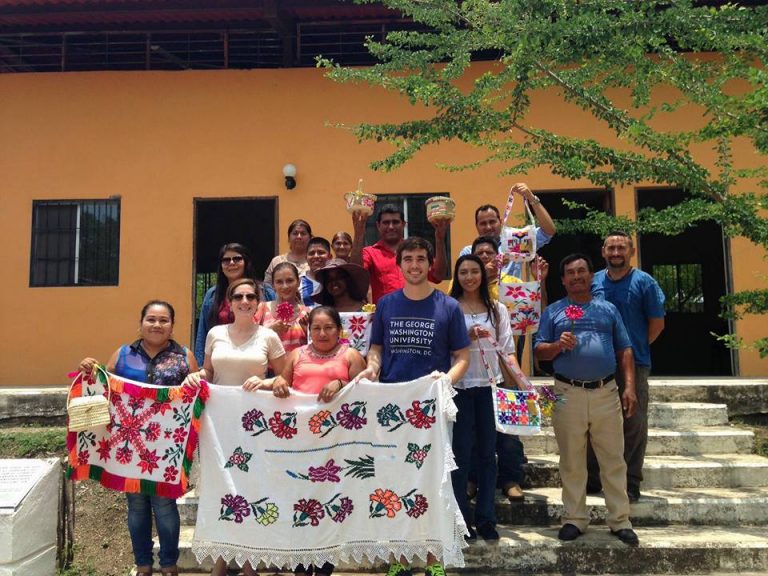For the Republican National Convention, the City of Cleveland welcomed some 50,000 visitors. Most of these delegates never had the opportunity to see the real Cleveland—the city’s neighborhoods; it’s heart and soul. And these neighborhoods, home to thousands of struggling families, received virtually no financial benefit from the thousands of dollars that each and every delegate spent during their visit to the city.
Too often city leaders downplay the reality of how mega-events fail to provide economic benefits for much of the population and particularly for marginalized communities located beyond the bubble—the walkable urban core of the city.
As we watch our two major political conventions this month and the Olympics in Brazil, students of tourism administration, event management, hospitality and sports management may want to consider how we can ensure a wider distribution of economic benefits for local communities hosting mega-events and the role of destination managers in a cities like Cleveland or Philadelphia.
What do you think? As you’re watching this week’s Democratic National Convention, you may want to ponder how visitors can experience the city beyond the protected security zone of the event bubble.

